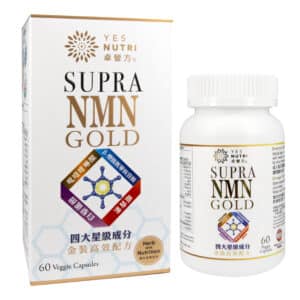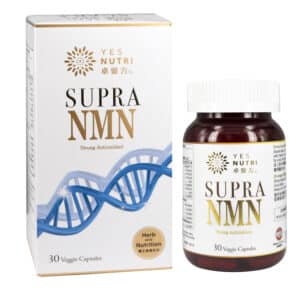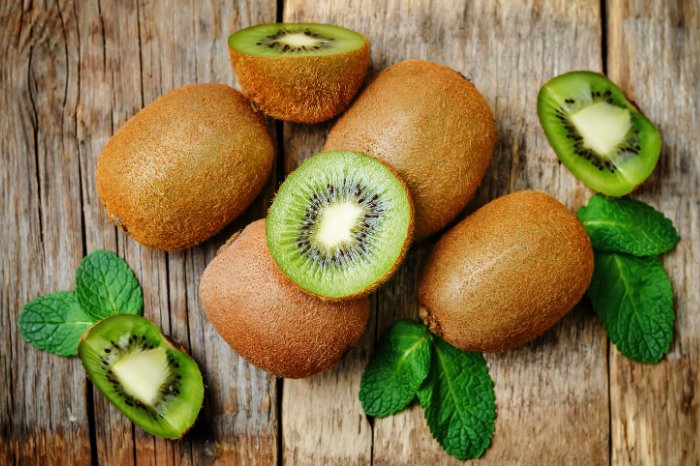Pyrroloquinoline quinone (PQQ) is a compound produced by soil bacteria (methylotrophic bacteria), assisting in degradation of organic substances to provide energy. Both plants and animals are unable to synthesize PQQ on their own, but plants can absorb PQQ through the soil. Therefore, humans can consume PQQ by eating fruits and vegetables.
PQQ serves as a coenzyme in human body and participates in various biochemical reactions, particularly those involved in cellular metabolism and energy production. Mitochondria, known as the “powerhouses of the cell,” are responsible for ATP synthesis, providing energy to all cells in the body. PQQ stimulates the growth and repair of mitochondria, promoting increased energy production to support normal body functions. This is especially crucial for organs with high energy demands, such as heart and brain, as PQQ enhances cellular energy levels, helping individuals maintain vitality.
Additionally, PQQ exhibits powerful antioxidant properties, reducing damage caused by oxidative reactions in cells. Research has shown that PQQ possesses stronger antioxidant capabilities compared to vitamin C.
PQQ offers numerous health benefits and is also known as a longevity nutrient. It stimulates the production of nerve growth factors (NGF), providing protection to fragile neurons and enhancing functions of nervous system. This contributes to improving cognitive abilities, enhancing learning and memory, and deceleration in the aging process of brain cells.
Benefits of PQQ:
- Acts as a powerful antioxidant, protecting cells.
- Enhances body’s energy levels and metabolism.
- Improves brain and neurological function, maintaining mental agility and clarity.
Related Product: YesNutri Supra NMN Gold
**This article is for reference purposes only. It is not intended to provide professional treatment or medical care or prevent any disease. Please consult with healthcare professionals regarding any concerns.



